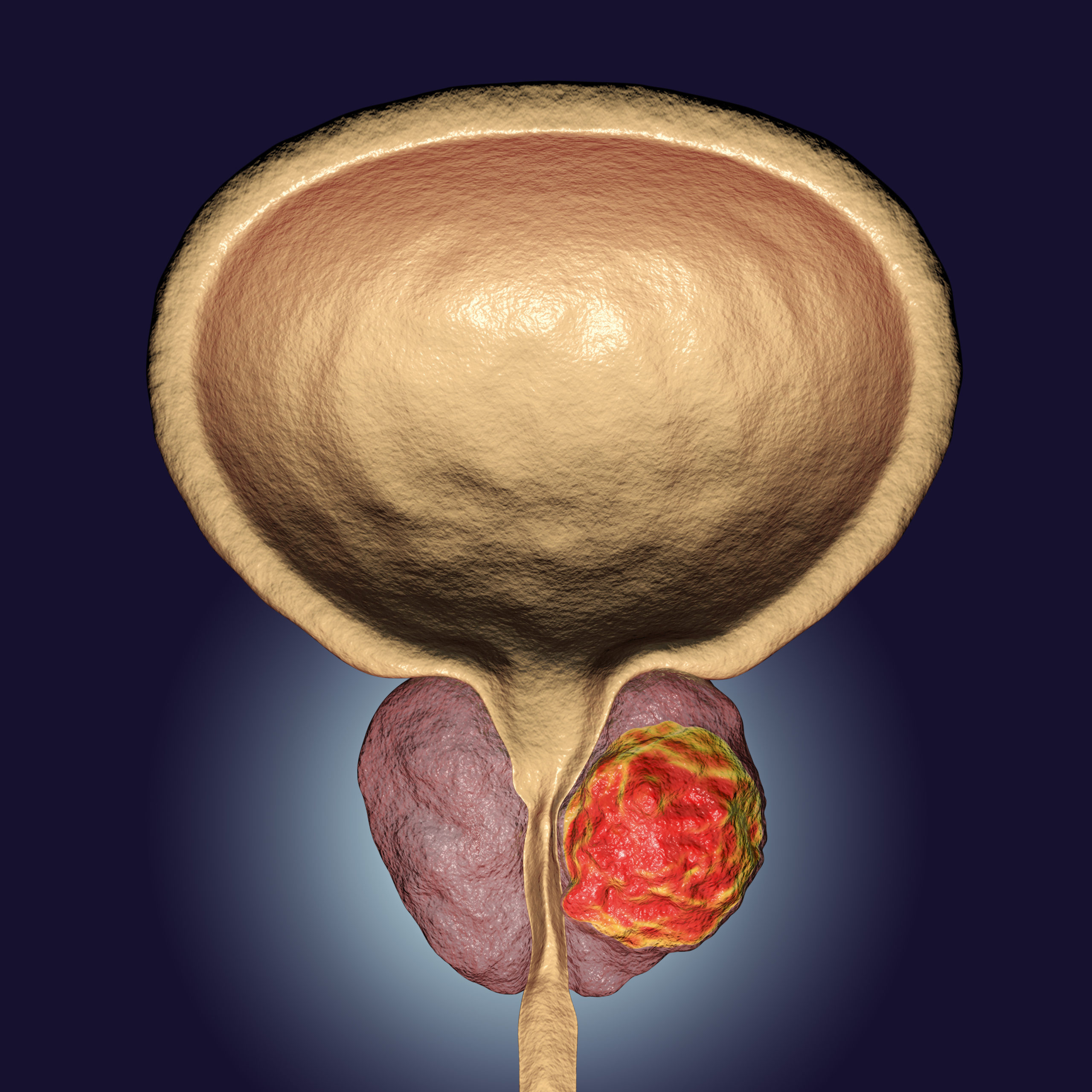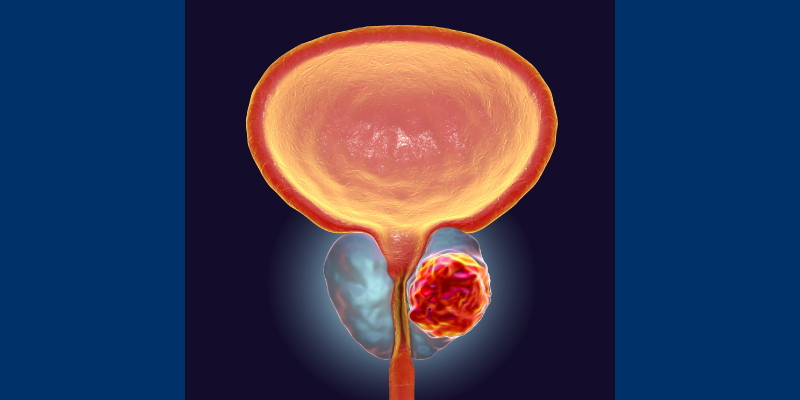ASCO GU 2023-Prostate Cancer
Advertisement
Phouc Tran, MD, PhD, highlights the challenges of accurate risk stratification for newly diagnosed localized prostate cancer.
Alan H. Bryce, MD, highlights the positive TRITON3 data for rucaparib as a new standard of care for patients with mCRPC.
At the 2023 ASCO GU Symposium, Alan Bryce, MD, presented results from the TRITON3 study on rucaparib vs physician’s choice.
Noel Clarke, MBBS, FRCS, ChM, explains the PROpel study design and what the overall survival data shows at data cutoff 3.
David Nanus, MD, details the ways in which PSMA PET varies in guidelines and is used to stage localized prostate cancer.
Neeraj Agarwal, MD, highlights the significance of TALAPRO-2 in mCRPC and the data for rPFS with respect to HRR status.
A new study examined the relationship between pathogenic germline BRCA2 mutation and somatic change in circulating tumor DNA.
Radical prostatectomy for patients with locally advanced, node-positive, and metastatic PC may be an effective option.
A cohort analysis found that PSMA PET at baseline, before pRT, or before sRT may predict from pelvic radiotherapy.
Novel Radiomic-Based Diagnostic Tool Identifies Patients at High Risk for Prostate Cancer Recurrence
A new analysis demonstrates “excellent potential” for a radiomic-based diagnostic tool to identify PC recurrence risk.An analysis highlighted real-world treatment of patients with mHSPC in the community who received at least 1 line of therapy.
A comparative effectiveness study showed the optimal method of determining prostatic volume of prostate cancer.
A study assessed the differences in OS and health care resource utilization by race in Medicaid-insured patients with mCSPC.
Researchers used 14 prognostic genes to make a biopsy-based 6-gene signature to risk-stratify patients with early-stage PCa.
A study reviewed the prognostic value of neuroendocrine differentiation in mCRPC patients receiving abiraterone or docetaxel.
Gerhardt Attard, MD, PhD, FRCP, will kick off the event with a session on advanced prostate cancer.

















 © 2025 Mashup Media, LLC, a Formedics Property. All Rights Reserved.
© 2025 Mashup Media, LLC, a Formedics Property. All Rights Reserved.